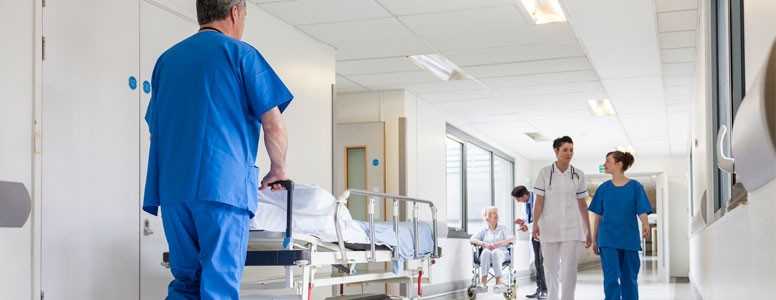People with diabetes living in poorer parts of England are more likely to get admitted to hospital in an emergency, new research has found.
This study of GPs, published in the British Journal of General Practice, reports that unplanned admission rates due to preventable diabetes complications are rising faster in areas with social and economic hardship.
The research carried out by the University of Anglia covered more than 32,000 neighbourhoods in England, with information examined from 2004 to 2012. This included GP data, preventable emergency hospital stays down to a diabetes compilcations and deaths related to the condition.
During this period, there was an across-the-board increase in people with diabetes being admitted to hospital because of emergencies – a mean rate of almost 60 admissions per 100,000 people. This rose to more than 16,000 admissions in the most deprived neighbourhoods.
Hypoglycemia was the cause of the biggest rise in unplanned hospitals visits, up from 7,476 in 2004 to 11,564 in 2012. There was also a major increase people with type 2 diabetes being admitted with diabetic ketoacidosis (DKA), rising from 1,342 to 2,278.
However, the study did find improved blood sugar levels in all groups and that there were 600 fewer deaths linked to social and economic circumstances.
The researchers acknowledged this was “remarkable” because of the rising diabetes prevalence in the UK and that “the targeting of NHS resources often does not promote health equity”.
“In contrast, the growth in emergency admissions for diabetes is worrying. Emergency hospitalisation grew faster in more deprived neighbourhoods,” added the researchers, who theorised that the findings could be due to increased life expectancy for people with diabetes, but also due to possible overuse of diabetes medication, urging doctors to follow NICE guidelines regarding the prescribing of blood glucose-lowering drugs.
What's new on the forum? ⭐️
Get our free newsletters
Stay up to date with the latest news, research and breakthroughs.






